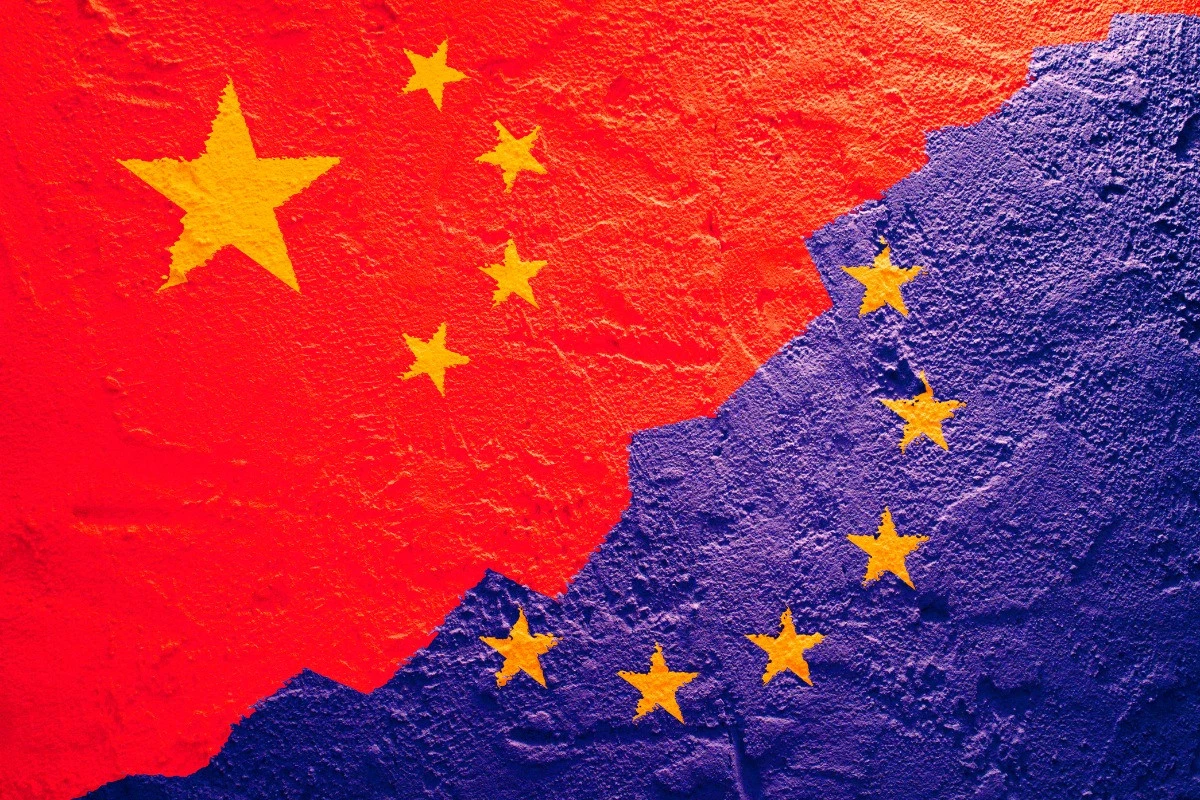However, Western politicians, and with it the Western media, have a negative view of the Hungarian government's relations with China, accusing Hungary of being a Trojan horse for China in the European Union and criticising the Hungarian prime minister when he visits China. But is Hungary really pursuing a maverick policy towards China?
Between 9 and 11 September, the Spanish and Norwegian prime ministers paid simultaneous official visits to China, and in July, Italian Prime Minister Giorgia Meloni visited Beijing. In December last year, Italy announced their withdrawal from the Belt and Road Initiative with great fanfare, but in July they signed an action plan to deepen the strategic partnership. In June, the Polish President held talks in China, and in May, Chinese President Xi Jinping visited not only Hungary but also France, where President Emmanuel Macron took him to one of the places of his childhood. In April, German Chancellor Olaf Scholz took a delegation of 50 prominent business leaders to Beijing - and the list goes on, with the Dutch and Belgian heads of government and many others also holding talks in China.
It is also worth looking at the economic data. In the West, there is great concern about Chinese investment in Hungary, especially as 44 per cent of China's European investment in 2023 was directed to our country - thanks to greenfield investments by some large Chinese companies. But they forget that on average, 50 per cent of Chinese investment has gone to Germany, France and the UK in each of the last ten years, while in Hungary, 2022 and 2023 were the years of particular interest. It is also worth considering that while Hungary has greenfield investments, in the last 20 years Germany, France, the Netherlands, Belgium, Spain, Italy and Greece, among others, have all sold strategically important ports to China. Most recently, in 2023, the German government allowed China's COSCO to acquire a 24.99 percent stake in the port of Hamburg. In addition, several Western European tech companies have been acquired by China. If one wants to worry, it is these rather than Hungarian greenfield investments that should be the cause for concern. And that's not even mentioning trade relations.
To sum up, Hungary, like other European countries, is developing ever closer ties with one of the world's fastest growing economies. Western European countries are free to do the same, but not others? Gods may do what cattle may not? The world order is changing, and let's hope this kind of attitude will soon be a thing of the past too.

